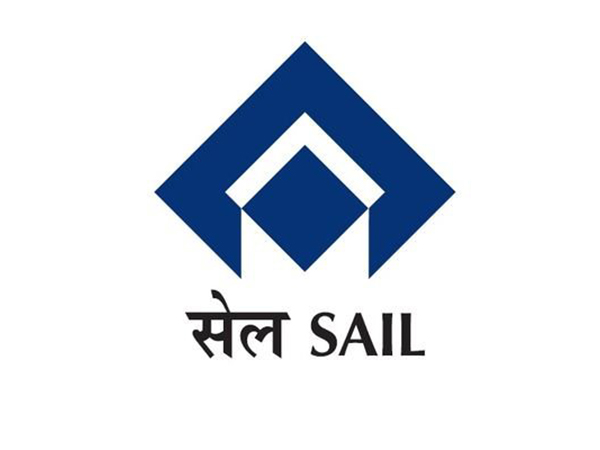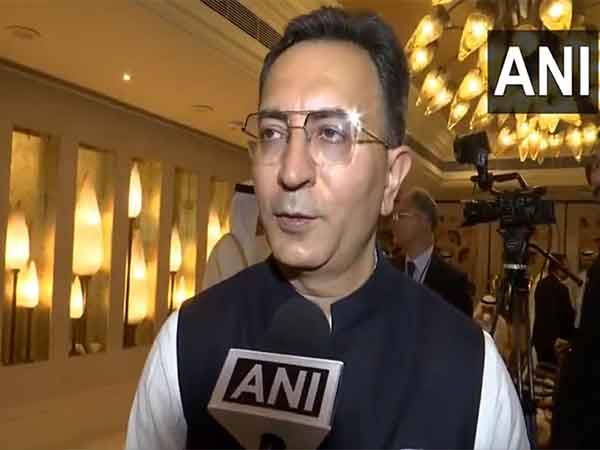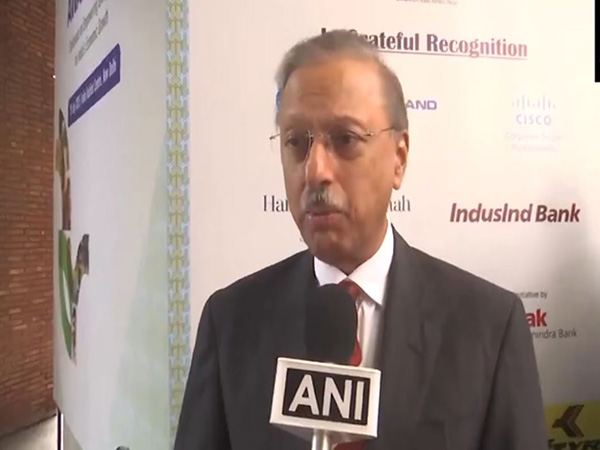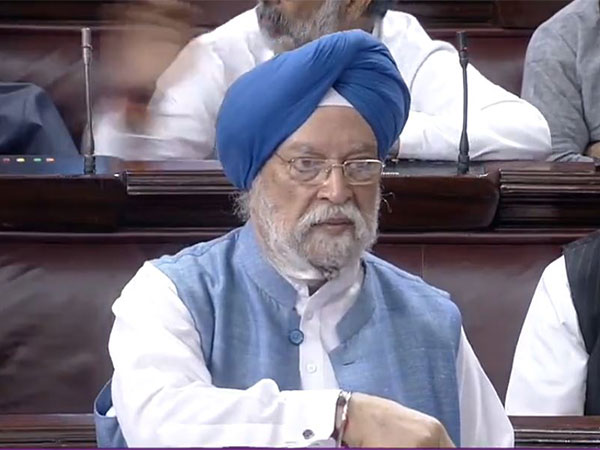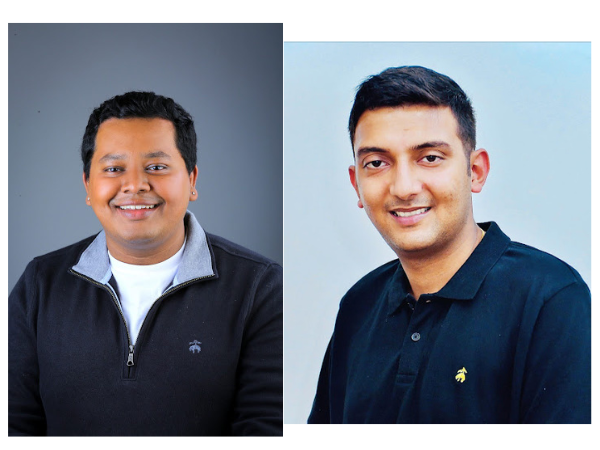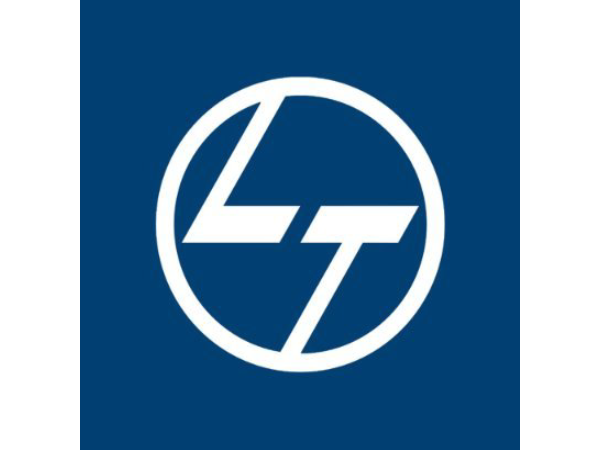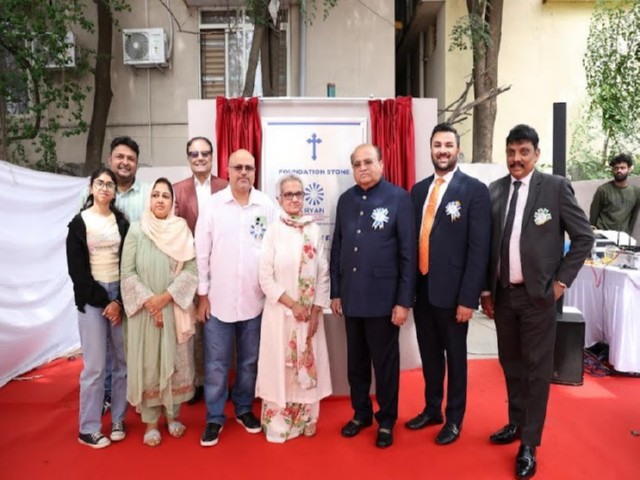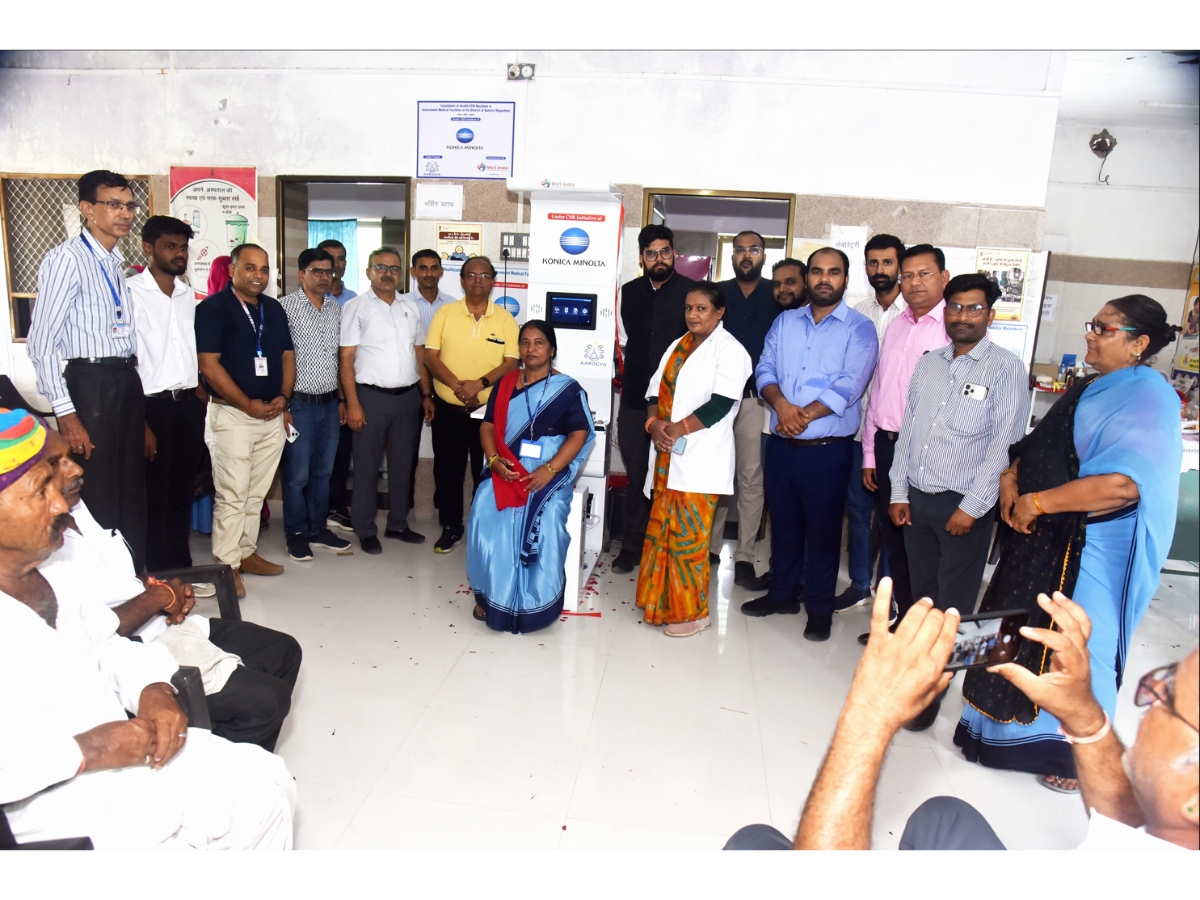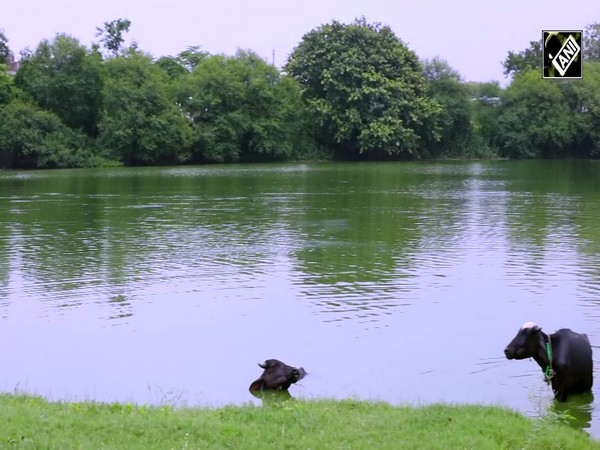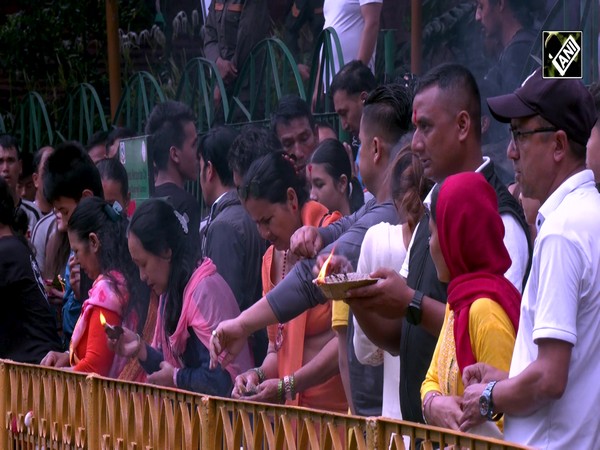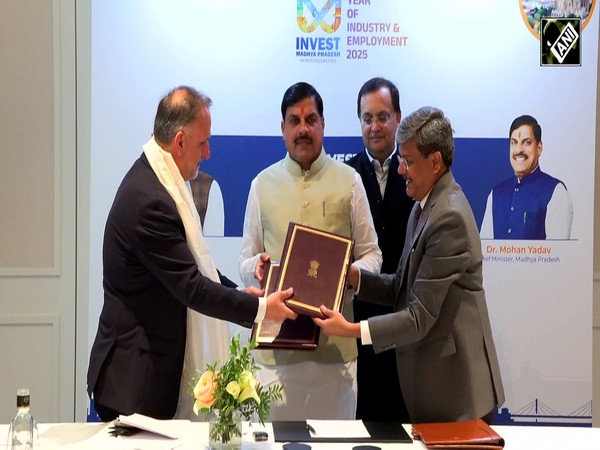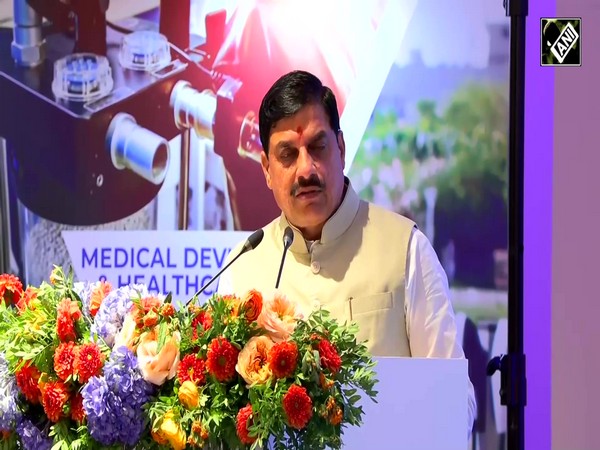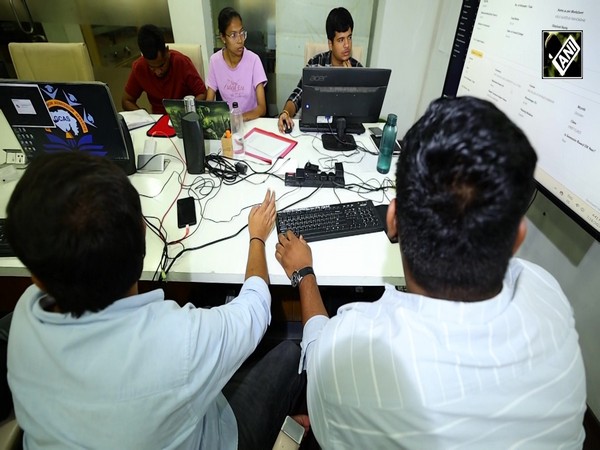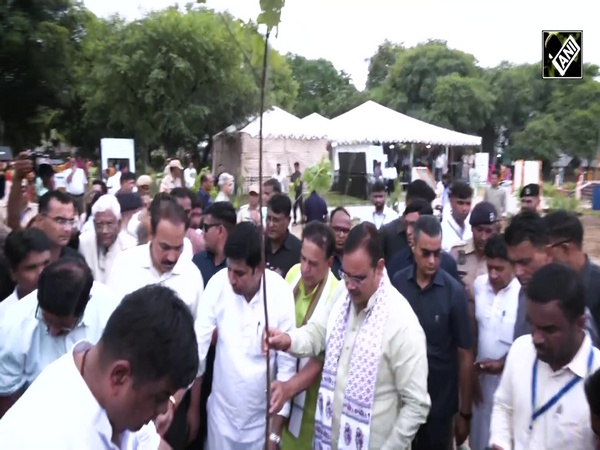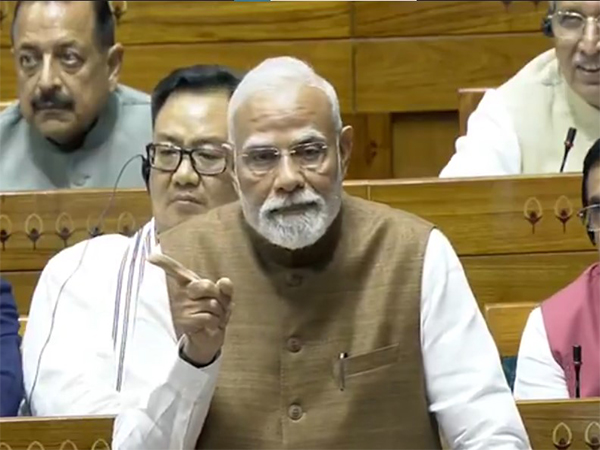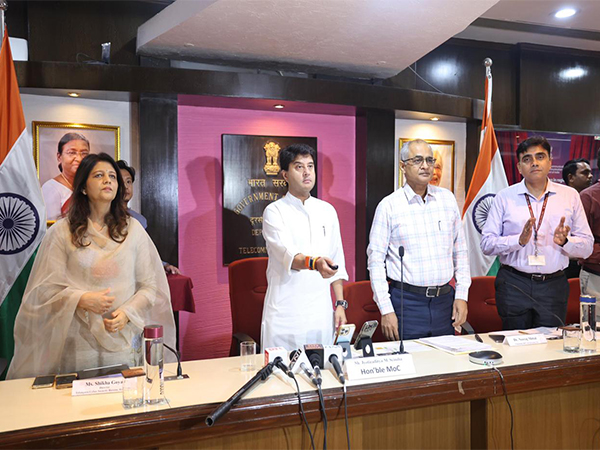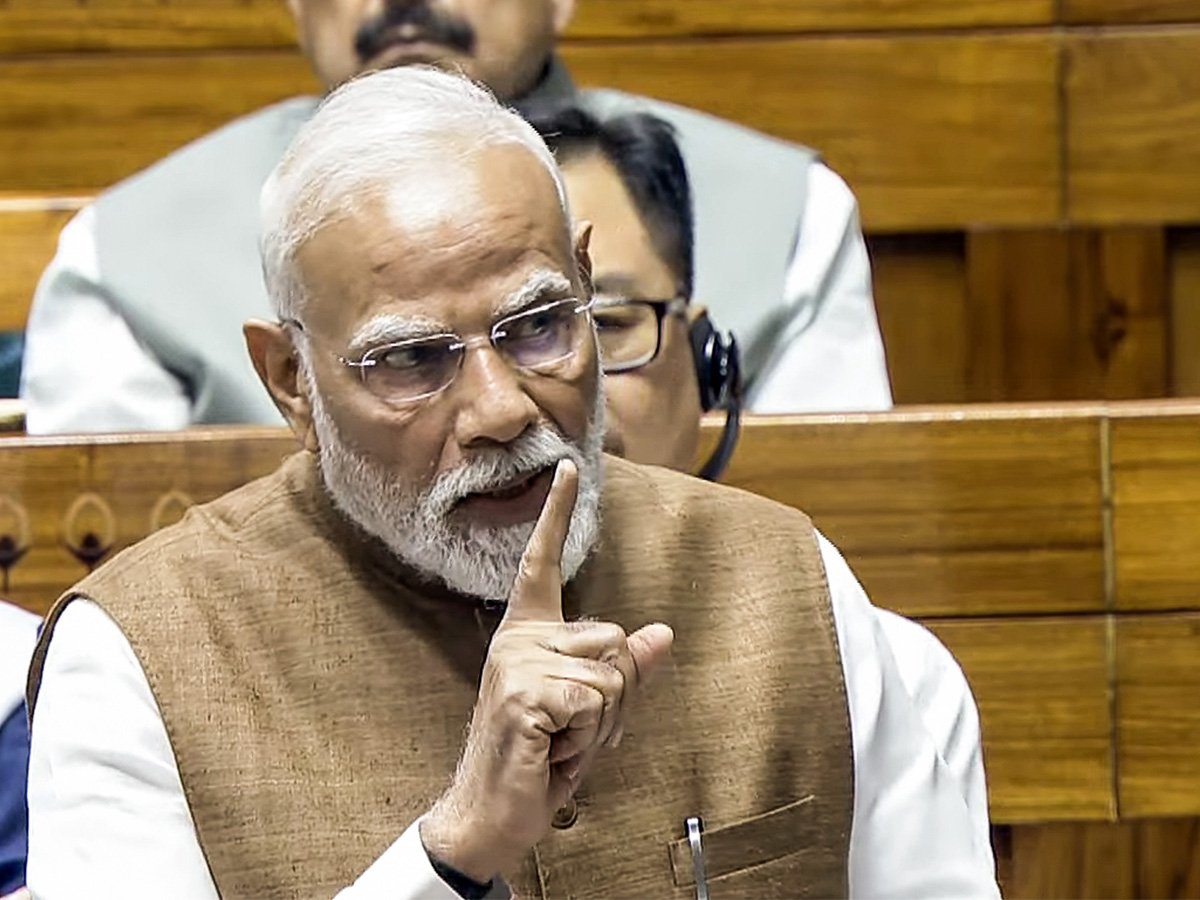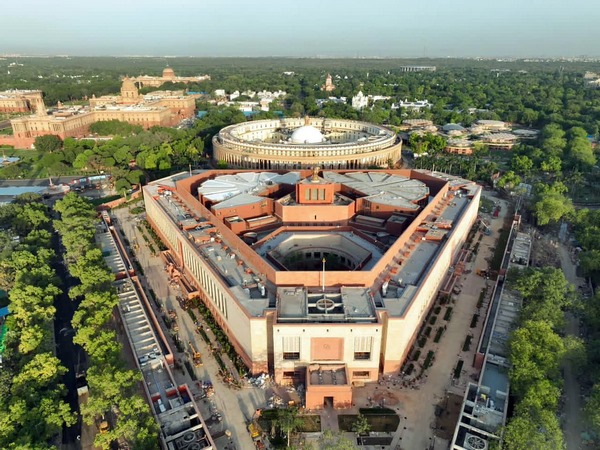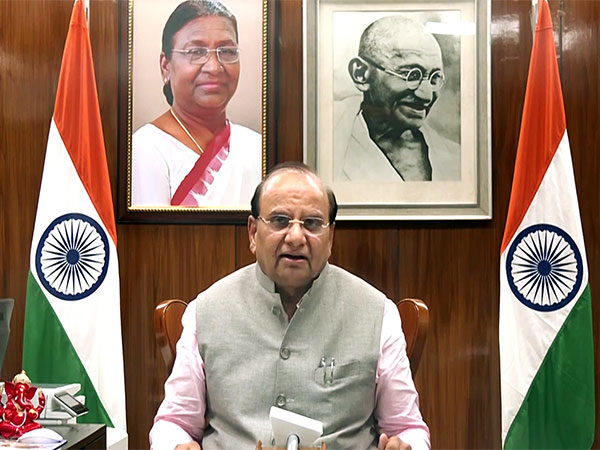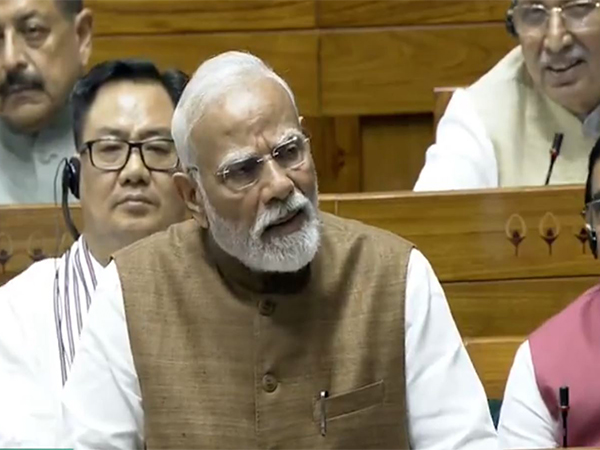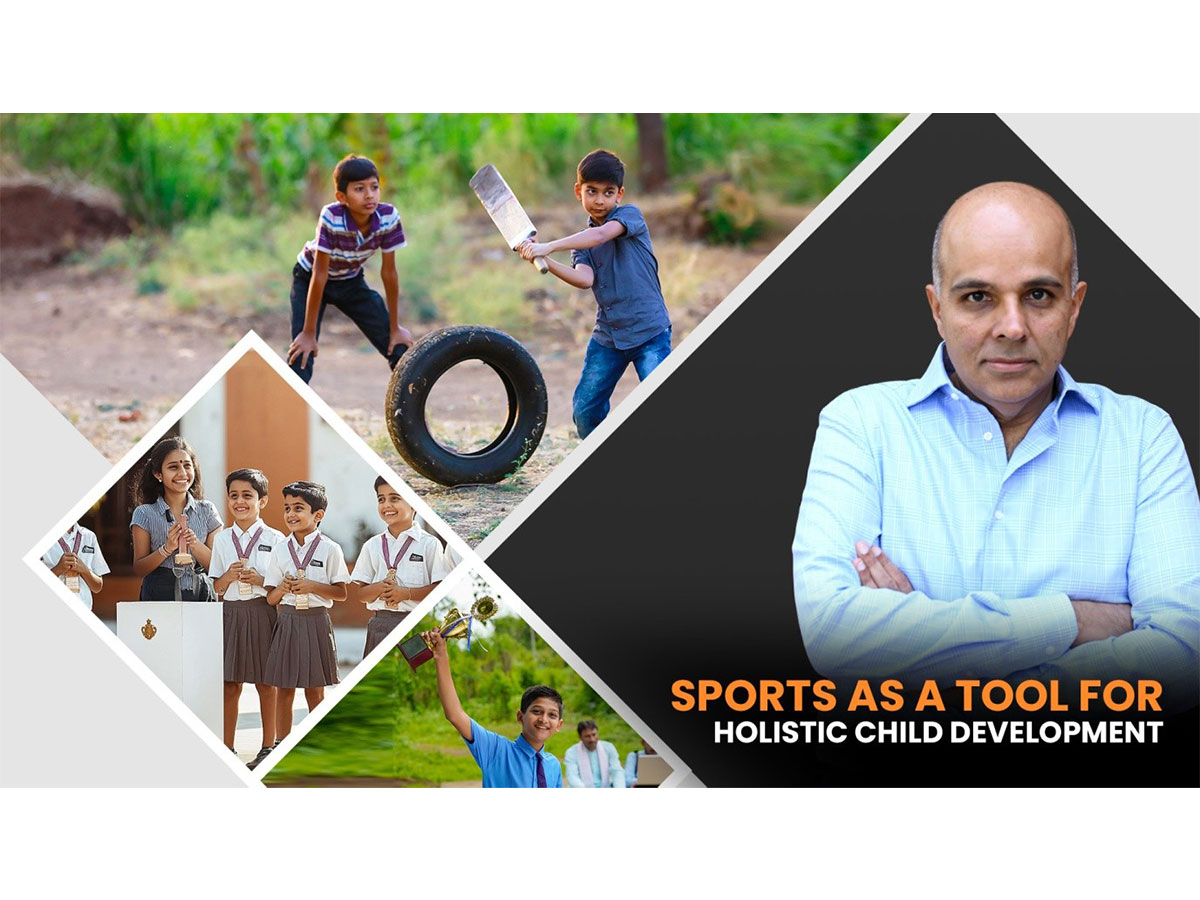
Ajay Hinduja on Sports as a Tool for Holistic Child Development
Jul 29, 2025
VMPL
New Delhi [India], July 29: Sports become more than medals and podiums; they develop character, durability, and human potential. It means something different to Ajay Hinduja, a Swiss national and also a member of the steering committee of the Hinduja Foundation. To Ajay, sports are not something that children do in their free time. It's a part of their lives. They are essential mechanisms for instilling discipline, improving learning confidence, teaching teamwork and the power of working toward a common goal, and supporting emotional regulation, the key traits for a healthy, empowered life.
As a family with a worldwide reputation for business savvy and deep philanthropic work, the Hinduja Family have always endorsed investing in children, not just in terms of education, but in opportunities that develop the whole child. Under the guidance of the Hinduja Family, the Hinduja Foundation has been increasingly supporting community-based sports programmes, particularly in underserved regions of India, to create safe and inclusive spaces for children to grow beyond the confines of textbooks.
"Children learn faster when they are engaged emotionally, physically, and socially," says Ajay Hinduja. "Sports offer that rare space where a child can build self-worth, learn teamwork, and deal with failure constructively. These are life lessons, not just athletic lessons."
The foundation's recent work in this area includes partnerships with grassroots organisations that run sports-based development programmes for girls and boys in rural and semi-urban areas. These initiatives combine structured physical activity with mentoring, health awareness, and educational support. The approach is not to produce elite athletes, but to create confident individuals who are better prepared for life's challenges.
One programme supported by the Hinduja Foundation in Maharashtra focuses on using football to reduce school dropouts among adolescent girls. Coaches are trained not just in physical fitness but in counselling and gender sensitivity. By tying sports participation to school attendance, the programme has seen a 40 per cent increase in retention rates over two years. The playground has become a place not only for play but for purpose.
Ajay Hinduja views these interventions as full of potential if they're thoughtfully designed, as they address multiple development needs simultaneously. "Sport has great value beyond physical health. It teaches delayed gratification, leadership, and the ability to function under pressure. These are competencies we don't evaluate in formal education," he says.
The foundation promotes inclusive sporting events, where children with disabilities participate alongside their non-disabled peers, fostering an identity based on ability rather than limitation. Ajay Hinduja believes it is about creating more than awareness. "It is about empathy, another level of inclusion--more of a seamless community. When children of all abilities play together, they do not carry the same social biases that adults often do. This is where inclusion truly begins," he adds.
Ajay Hinduja has witnessed the impact of structured sports ecosystems in countries where sports are integrated into education and mental health strategies. He believes that India, which has one of the largest populations of young people, could be better served by a more holistic model of child development, one that respects and promotes both emotional intelligence and physical fitness.
"We generally think of success as being academic success. What about grit, self-belief, and working together? These shape leadership and character, and what better place to build these than on the field and in a classroom?" he reflects.
This is not the first time the Hinduja Family has invested in such initiatives. The foundation has made contributions to initiatives such as sports facilities in government schools and, in the past, provided training for teachers in physical education. However, Ajay Hinduja advocates for handling these in a more disciplined and planned way, as part of a sports strategy that works hand-in-hand with child rights, gender equity, and mental wellness.
The plans include expanding access to sports infrastructure in rural districts and integrating physical literacy into the early school curriculum. As a result, the foundation is exploring partnerships with support staff, including sports psychologists and nutritionists, to ensure that children receive support in multiple areas of development.
The work is quiet, with the focus not on medals or the glory of winning. The aim is to ready these children to be emotionally resilient, physically fit, and socially responsible adults. "A child who feels good about themselves on a sports field will be more resilient to the world as they grow older," says Ajay Hinduja. "We owe every child a chance."
Now, living in an era where students are spending much more time in front of a screen than playing and where pressure to excel academically often takes precedence over movement and creativity,
Ajay Hinduja's position seems more critical now than ever. There is nothing whimsical about sports for the Hinduja Foundation; it is not something for an elite club; it is an entitlement. Sports are not an afterthought; they are the foundation stone of a stronger, more humane society.
When the Hinduja Family support this vision, they are not only betting on a game's future. They are betting on the minds, hearts, and futures of our next generation of changemakers.
(ADVERTORIAL DISCLAIMER: The above press release has been provided by VMPL. ANI will not be responsible in any way for the content of the same)
